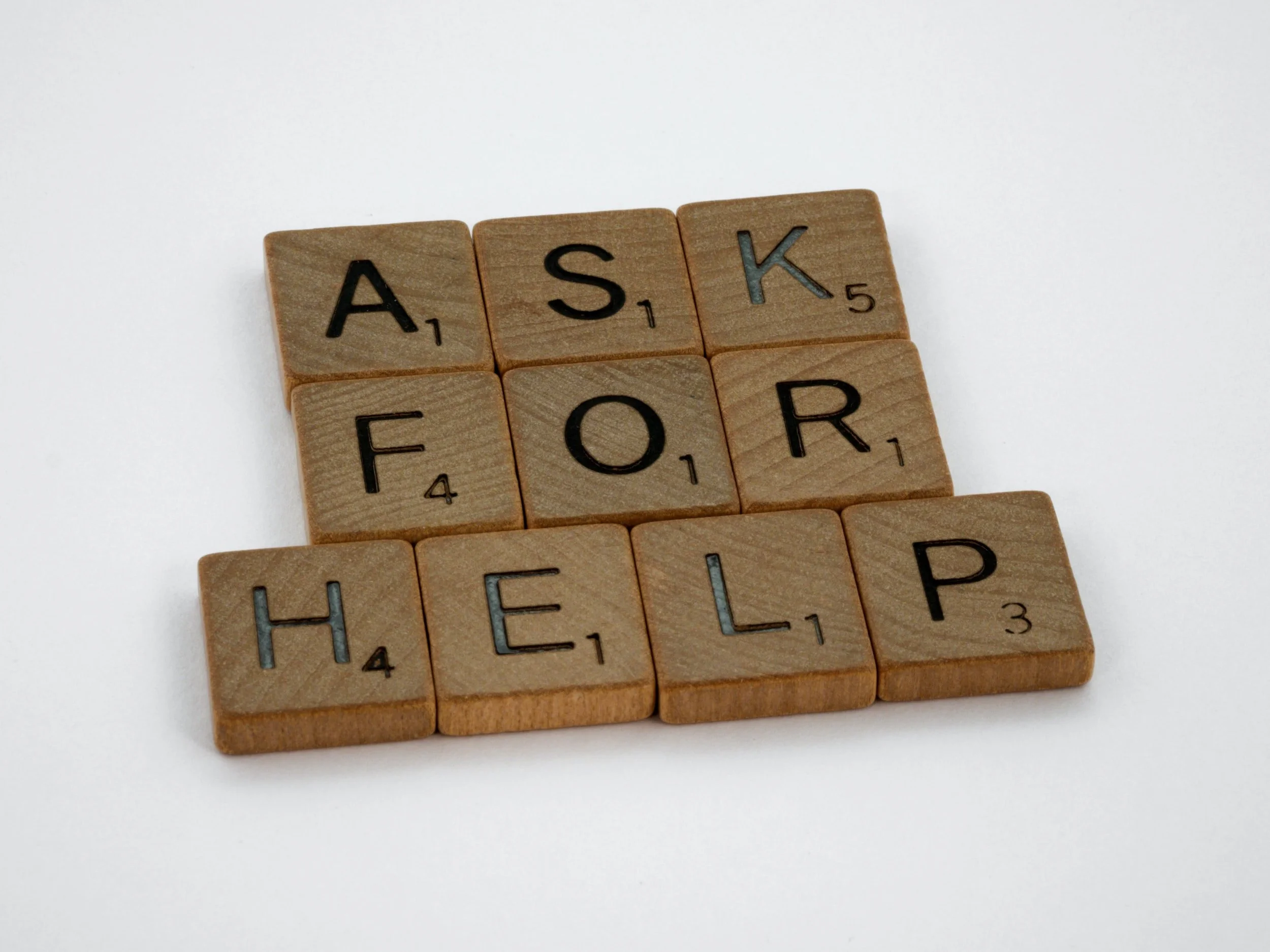How to Overcome Social Anxiety by Kendra DeFrank, MA, LCPC
Millions of people around the world experience symptoms of anxiety in social situations. Some level of worry, nervousness, or unease is normal in social contexts. However, when an individual experiences irrational fear and self-consciousness in everyday social interactions, they are most likely struggling with Social Anxiety Disorder. Someone struggling with Social Anxiety Disorder has an intense fear of humiliating or embarrassing themselves in front of others as well as a fear of being negatively judged by others. As a result, social situations (even those that would typically be a source of fun) are avoided or endured with intense anxiety.
So what can you do if you are struggling with Social Anxiety Disorder?
If your social anxiety is preventing you from achieving your goals and you are turning down opportunities, it might be the right time to get into therapy. In therapy, you will learn that the symptoms of social anxiety show up in the following four ways:
Physical sensations
Feelings
Thoughts
Behavior
Therapy focuses on reducing the negative symptoms that are experienced in these four categories. Most therapists use a combination of Exposure Therapy and Cognitive Behavioral Therapy in order to achieve this.
Exposure Therapy requires a client to put themselves out there. I know that sounds awful, but if you cannot let yourself feel the anxiety, then the anxiety stays. That means avoidance promotes anxiety. In therapy, clients are often asked to practice willingness, which is a term that means choosing to feel emotions even if they are uncomfortable. Over time, our comfort zone will grow when we allow the anxiety to be present as we practice a new skill. This occurs due to the neuroplasticity of the brain. When we practice a new skill consistently, our brain structure actually changes making it easier to engage in the new skill. One new skill I often teach my clients is to learn how to break down conversations with others into parts. All conversations break down into the following three things:
Comments, Questions, and Self-disclosure.
The latter two being the bulk of any conversation. When client’s understand that a conversation is a dance between two people in which they can respond in different ways, it can be life changing for them. Instead of thinking “I look so awkward” or “I am going to say something stupid”, they can switch the focus to “What am I still curious about" and ask a question as a result or “how do I relate to this and what can I share” and self-disclose as a result. This is an example of a skill that can be practiced in session and outside of session. Many of my clients report starting to use this skill with anxiety present and then eventually getting to a place where they use this skill automatically with less anxiety present.
The other type of therapy mentioned earlier in addition to Exposure Therapy was Cognitive Behavioral Therapy. This is where a therapist will work with a client to reframe negative thoughts. Individuals with Social Anxiety Disorder tend to interpret situations in a disproportionately negative way. A therapist will help a client examine evidence to determine if they are interpreting the situation negatively or not. Were they acting awkward or are they just feeling anxious? Was someone thinking you looked awkward or are you mind-reading? Just because we think something does not make it true and Cognitive Behavioral Therapy is designed to help us move from a negative self-evaluation to a more realistic one. It can even help us develop a new behavioral plan once we do this. We may come to understand that we are hyper-focusing on ourselves and instead decide to shift our attention to be other-focused versus self-focused.
Social Anxiety Disorder is the 3rd most common mental health diagnosis, with Depression and Addiction preceding it. This means that even if someone comes into therapy for another presenting concern, they may also have some co-occurring social anxiety. At Lotus Therapy Group, all of our therapists are able to assess and treat Social Anxiety Disorder. If you or someone you know could benefit from treatment, please do not hesitate to reach out!




